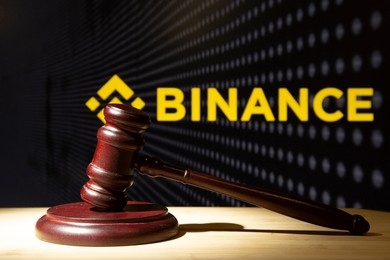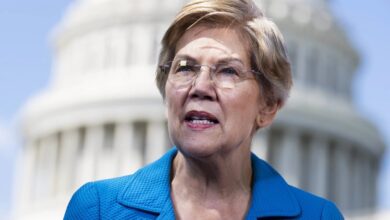
In a significant regulatory achievement, Binance, the world’s largest cryptocurrency exchange by trading volume, has announced that it has received approval to operate in Kazakhstan. This comes after a series of regulatory challenges, especially in the United States.
Binance Celebrates Regulatory Win In Kazakhstan
Binance shared the news in a recent blog post, highlighting that the approval represents a pivotal step forward for Binance Kazakhstan. The company has secured a full regulatory license from the Astana Financial Services Authority (AFSA), positioning itself as the leading fully regulated Digital Asset Trading Facility (DATF) in the country.
With this license, Binance Kazakhstan is authorized to operate a virtual assets trading platform, engage in principal investment activities, and offer custody services for virtual assets. This expansion will enable Binance to better serve the local digital asset community and broaden its service offerings.
Vishal Sacheendran, Binance’s Head of Regional Markets, expressed his enthusiasm about this milestone, emphasizing the exchange’s dedication to compliance and security within Kazakhstan. He stated, “We eagerly anticipate the receipt of the full license and are eager to continue serving our users in Kazakhstan, while also contributing to the advancement of the local digital asset ecosystem.”
However, even with these regulatory strides, Binance faces internal challenges. The company’s former CEO, Changpeng Zhao (CZ), is permanently banned from overseeing the company following a settlement with US authorities, leading to his resignation.
Lifetime Ban On Changpeng Zhao
Richard Teng, Binance’s current CEO, confirmed the lifetime ban on Zhao and outlined the restrictions on his future involvement after his release from prison on September 29. While Zhao retains his shareholder rights, he is barred from participating in daily operations.
Despite the ban, Zhao’s influence remains a point of discussion. Teng noted that as a shareholder, Zhao can still impact the company’s performance, including the ability to nominate new board members or a CEO.
Previously, Zhao was the sole board member of Binance. However, the company has now expanded its board to seven members. The terms of the plea deal prevent Zhao from any future involvement in managing the business, though the exact scope of his shareholder rights remains somewhat ambiguous.
Legal experts, such as Daniel Richman from Columbia Law School and a former US prosecutor, have observed that the language in the Department of Justice (DOJ) settlement does not explicitly prevent Zhao from returning to a leadership role in the future. Richman noted that this slight ambiguity leaves open the possibility that future provisions could be made to prevent Zhao’s return, depending on developments.
Zhao has stated that he has no intention of returning to a CEO role and plans to focus on investing in blockchain, artificial intelligence (AI), and biotechnology companies. In a letter to the court in April, Zhao wrote, “That life no longer exists for me,” marking a notable shift in his career path.
Market Impact and Future Outlook
Currently, Binance’s native token, BNB, is trading at $500, experiencing a 2.2% decline in the last 24 hours. This drop is part of a broader market downturn led by Bitcoin (BTC).
Despite these fluctuations, Binance’s regulatory approval in Kazakhstan is a noteworthy achievement that could help stabilize and potentially boost the exchange’s market position. As Binance continues to navigate regulatory landscapes worldwide, its commitment to compliance and expansion remains steadfast.







